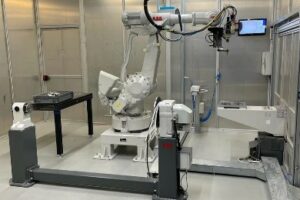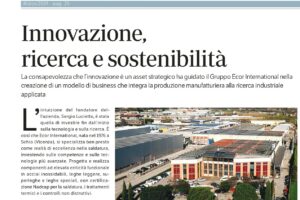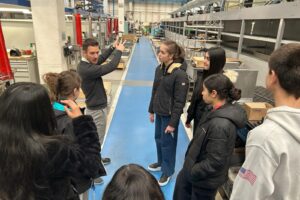A strategy based on an innovative industrial model identifies the new Ecor Research.
The company has recently entered into the world of simulation of industrial processes, Aerospace and Defense, completely rethinking its business model and its organization.
Management policies driven by total quality and design to cost, the production of few batches with high added value, an entire department dedicated to the engineering and R&D are among the main factors that have led to a rapid and effective penetration of the new markets, with synergy and integration.
The company decided to invest invests decisively and constantly in training and high technology as additional competitiveness element in current and future markets. In this context, if on the one hand, there is a continuous effort for the growth of core competences, on the other hand, the company is developing a network of collaborations and projects with universities and research centers, with a synergy between skills and capabilities perspective; from basic research to the development, prototyping and industrialization.
Thanks to the structuring of the production and management chain according to cutting-edge methods, such as Total Quality Management and World Class Manufacturing, it was possible to transfer this company mindset, in fields other than the one of automatic machinery, acquiring high level certifications and awards such as the NADCAP for welding, heat treatment and non-destructive testing and certifications by some of the leading international players in the aerospace sector.
Ecor Research production model is evolving towards an integrated system of production & development, in which the R&D activities are not considered patrimonies merely of the company, but are performed and directed in close collaboration with its key customers
The company evolution, therefore, is based on a gradual growth of the development area, supported by and integrated with the production area. This integration results in greater flexibility, which is pivotal in opening new markets.
TO KNOW
█ Total Quality Management (TQM) was born in Japan in the 50ies, and is a company organizational standard, based on “ongoing improvement”. All company employees, regardless of their position and level of responsibility, must be involved in reaching the following objectives: organizational efficiency, waste (material, resources and time) reduction and customer satisfaction. The company doesn’t therefore produce only products or services, it produces quality.
█ World Class Manufacturing (WCM ) is a best practice standard which was developed in the USA in the 90ies and spread to Italy in mid 2000. It integrates Lean Manufacturing with Total Quality Management (TQM), introducing the concept of “Zero defects”. WCM identifies some main areas of activity whose problems are sorted out by ad hoc cross-functional project teams, by analising data through statistical tools. The aim isn’t to find a solution, but to assess and eliminate the root of the problem. Zero defect, zero breakdowns, zero incidents and zero stock, for a general cost reduction.










 @EcorIntern
@EcorIntern